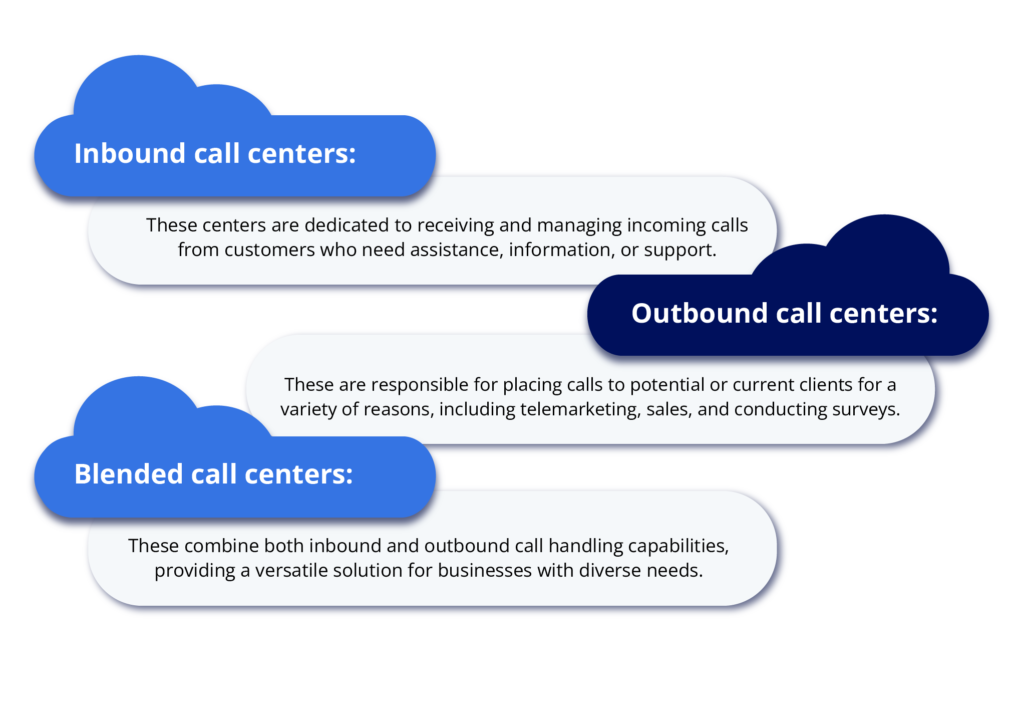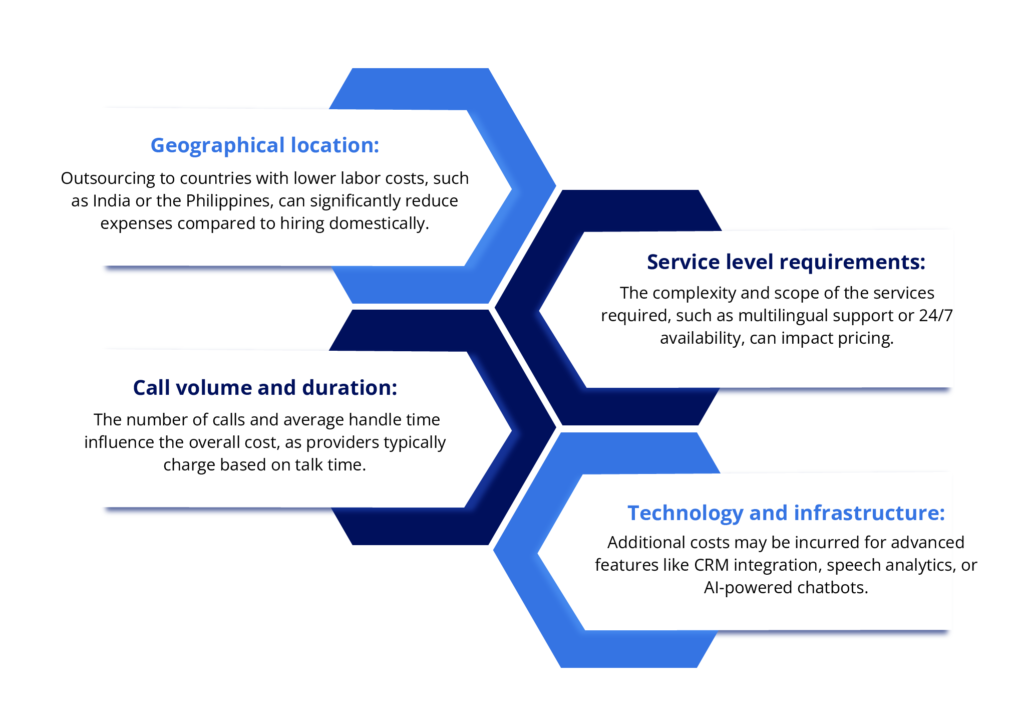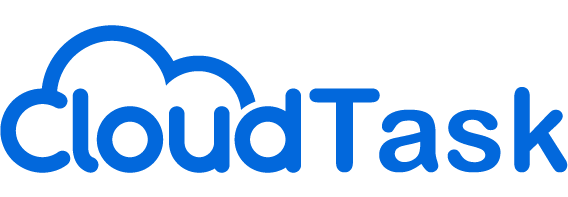Outbound call center operations can be a powerful tool for driving lead generation and sales, but managing an in-house call center comes with significant challenges.
High costs, complex technology, and the need for skilled agents can strain your resources and divert focus from your core business.
Outbound call center outsourcing provides a solution that allows you to leverage the expertise and efficiency of specialized providers.
In this guide, we will explore the key aspects of outbound call center outsourcing, including its benefits, challenges, and factors to consider when making your decision.
What is a Call Center?
A call center is a centralized department or a third-party service provider that specializes in handling inbound and outbound telephone calls on behalf of businesses.
These centers act as a vital link between companies and their customers, crucially managing customer interactions, providing support, and driving sales.
Call centers can be categorized into three main types:

Functions of an Outbound Call Center
Outbound call centers are essential for supporting a company’s growth and customer engagement strategies, serving several key functions such as:
- Telemarketing and sales: Outbound call centers can execute targeted campaigns to promote products or services, generate leads, and close sales.
- Customer follow-ups: They can proactively reach out to existing customers to gather feedback, offer additional support, or promote new offerings.
- Market research and surveys: Call centers can conduct surveys and gather valuable insights to help businesses better understand their target audience and market trends.
- Appointment setting: They can schedule appointments or demos on behalf of a company, streamlining the sales process.
How Call Centers Operate
In order to grasp how call centers work, it’s important to look at the usual setup and the technology used.
A call center operation involves a group of agents who are provided with telephony systems, computers, and software tools that help them effectively manage customer interactions.
Some of the key components of a call center setup include:
- Customer Relationship Management (CRM) systems: These software platforms store and manage customer data, interaction history, and sales pipelines, empowering agents to provide personalized service.
- Auto-dialers: These tools automatically dial numbers from a predefined list, maximizing agent productivity and minimizing idle time.
- Workforce management systems: These solutions help optimize staffing levels, schedule shifts, and monitor performance metrics to ensure efficient operations.
How Much Does Outbound Call Center Outsourcing Cost?
One of the most crucial factors to consider when outsourcing an outbound call center is cost.
The pricing of outsourcing services can vary significantly based on several key factors:

Pricing Models
Outbound call center outsourcing providers offer various pricing models to cater to different business needs:
- Per-minute billing: Charges are based on the actual talk time, with rates ranging from $0.50 to $2.00 per minute.
- Per-hour billing: Clients pay a fixed hourly rate for a dedicated team of agents, typically ranging from $8 to $25 per hour, depending on the location and expertise required.
- Per-call billing: Charges are based on the number of calls made or completed, with rates varying depending on the complexity and duration of the calls.
- Monthly retainer: Clients pay a fixed monthly fee for a predetermined number of hours or services, providing predictability and cost control.
Cost Comparison
When comparing the costs of outsourcing versus maintaining an in-house call center, it’s evident that outsourcing can yield significant savings:
- In-house call centers require substantial investments in infrastructure, technology, and personnel, which can be cost-prohibitive for many businesses.
- Outsourcing allows companies to leverage economies of scale, as providers can spread costs across multiple clients, resulting in lower per-unit expenses.
- According to a study, businesses can save up to 50%-70% on labor costs by outsourcing to countries like India or the Philippines.
Pros of Outbound Call Center Outsourcing
Cost Efficiency
- Lower operational costs: Outsourcing eliminates the need for expensive infrastructure, technology, and office space, reducing overall expenses.
- Reduced overhead expenses: Businesses can save on costs associated with hiring, training, and managing an in-house team, such as salaries, benefits, and taxes.
Access to Expertise
- Skilled workforce: Outsourcing providers have access to a large pool of agents who are well-versed in sales techniques and customer service best practices.
- Experienced management: Clients benefit from the expertise of call center managers who can optimize operations, implement best practices, and drive results.
Scalability
- Easy to scale operations up or down: Outsourcing allows businesses to quickly adjust staffing levels based on demand, without the challenges of recruiting and training new employees.
- Flexibility to handle seasonal demand: Providers can easily ramp up or down to accommodate seasonal fluctuations or unexpected spikes in call volume.
Focus on Core Business Activities
- Allows businesses to concentrate on core competencies: Outsourcing non-core functions like outbound calling enables companies to focus on their primary business objectives.
- Reduces administrative burden: Outsourcing relieves businesses of the day-to-day management and administrative tasks associated with running an in-house call center.
Enhanced Customer Reach
- Extended hours of operation: Outsourcing to different time zones allows businesses to provide extended or 24/7 coverage, improving customer satisfaction and accessibility.
- Multilingual support: Partnering with providers that offer multilingual agents can help businesses expand their customer base and cater to diverse language preferences.
Cons of Outbound Call Center Outsourcing
Loss of Control
- Limited oversight on day-to-day operations: Outsourcing involves giving up direct control over the call center’s daily operations, which could raise concerns for some businesses.
- Dependence on the vendor: Companies rely on the outsourcing provider to maintain service quality and meet performance targets, which can create a sense of vulnerability.
Quality Concerns
- Inconsistent service quality: Outsourcing providers may struggle to maintain consistent service levels, especially if they are managing multiple clients with competing priorities.
- Potential for poor customer experience: Language barriers, cultural disparities, or limited product knowledge can result in unsatisfactory customer interactions and harm the brand image.
Security Risks
- Data privacy and security issues: Outsourcing involves entrusting a third-party provider with sensitive customer data, which can lead to concerns about data privacy and security.
- Risk of data breaches: Inadequate security measures or unauthorized access to customer information may lead to costly data breaches and legal liabilities.
Cultural and Language Barriers
- Potential misunderstandings due to cultural differences: Outsourcing to offshore locations can sometimes lead to misunderstandings or misinterpretations due to cultural differences.
- Language proficiency issues: While many outsourcing destinations have a strong English-speaking workforce, accents, and language proficiency levels may vary, which can impact the quality of customer interactions.
Hidden Costs
- Unanticipated expenses: Some outsourcing contracts may contain concealed fees for extra services, training, or technology, resulting in unforeseen expenses.
- Potential for higher long-term costs: While outsourcing can yield short-term cost savings, businesses should carefully assess the long-term financial impact and potential trade-offs in service quality or customer satisfaction.
Final Thoughts
Outsourcing your outbound call center operations can offer significant benefits, including cost savings, access to skilled professionals, and increased flexibility.
However, the decision to outsource should be made after careful consideration of your company’s specific needs, goals, and challenges.
If you’re considering outsourcing your outbound call center, the CloudTask Marketplace is a valuable resource.
With a vetted selection of top-performing sales agencies, you can find a partner who aligns with your objectives and has the expertise to drive results.
Visit the CloudTask Marketplace today to explore your options.








